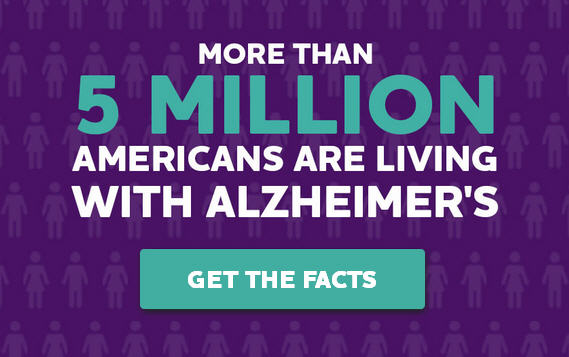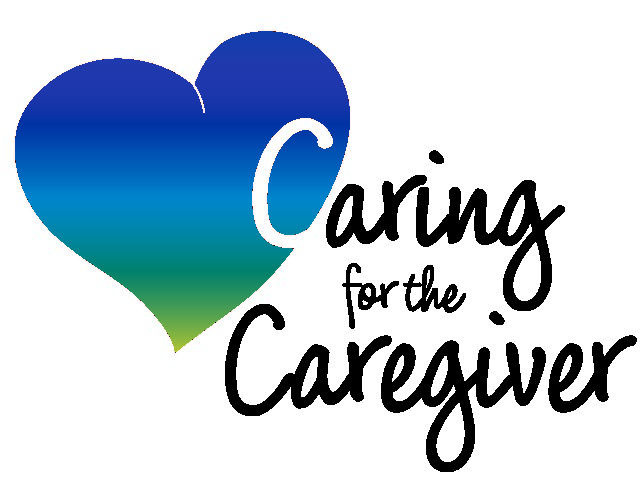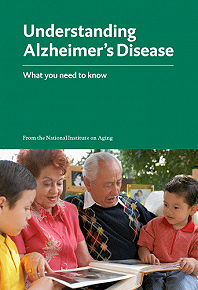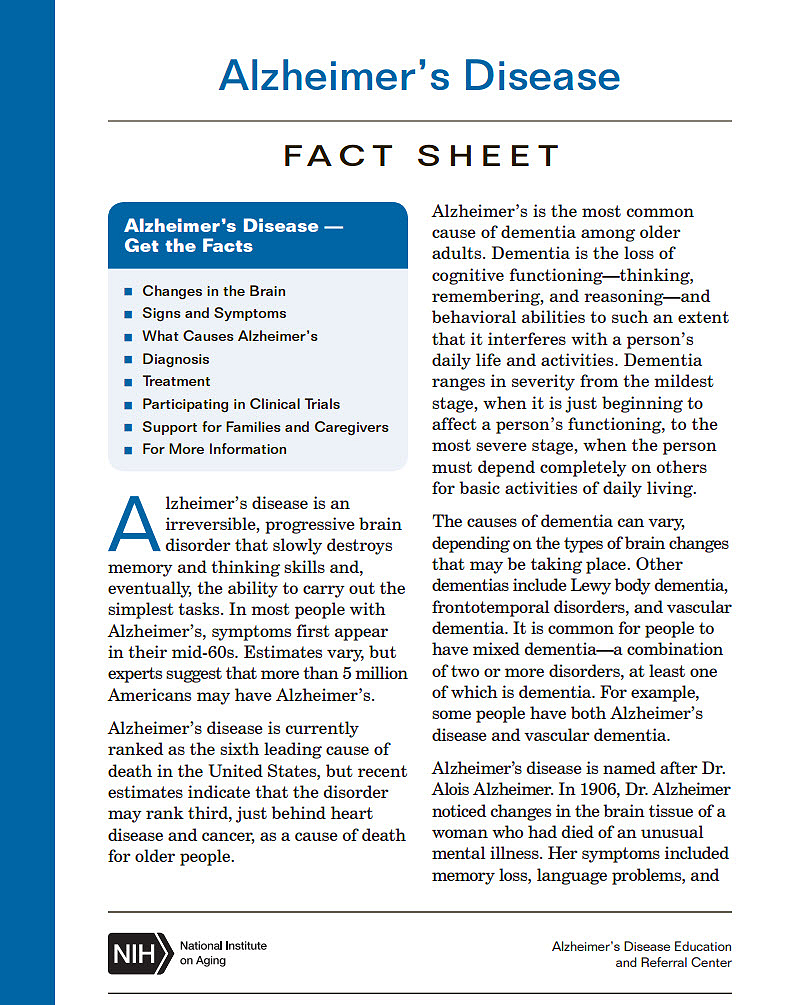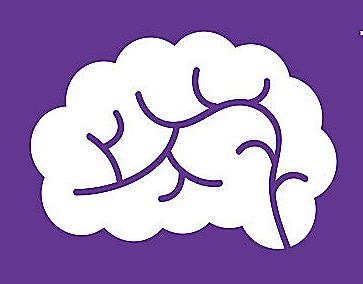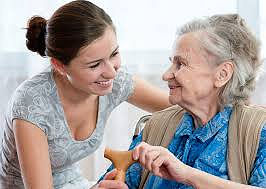() Are you caring for a loved one with Alzheimer’s disease? Here are some practical tips from the UCSF Memory and Aging Center that can really help. First and foremost, do your best to:
- Facilitate their performance.
- Keep the person as active as possible.
- Focus on their abilities.
- Avoid distress between you and the person.
- If a lack of motivation is the barrier to performing a task, consider offering a reward for desired behaviors.
- Give yourself a break from time to time.
Bathing
If the person becomes difficult to bathe, try this:
- A sponge bath in the tub or on a chair instead of a shower.
- Talk to your loved one in a soothing voice while bathing and talk through each step you take.
- Let your loved one do as much as possible.
- Plan the bath or shower for the time of day when the person with FTD is at their best.
- Bathe every couple of days instead of every day.
- Don’t force anything.
Dressing
Dressing is something your loved one may be able to do for a relatively long time. It might take them longer than it used to; but if they are safe, let them do it themselves, even if it takes all morning.
Try this:
- Find clothes with larger buttons or replacing closures with Velcro.
- Look for pants or skirts with elastic pull-on waists.
- Try shoes that fit well, stay on, and don’t require laces (to prevent tripping).
- Consider placing a baby monitor in their room. It will allow them to be more independent while you are nearby and alert to problems.
- If getting undergarments off is a problem, use wrap around skirts as clothes.
Driving
Driving tends to be one of the most contentious issues in relationships with people with neurodegenerative disease.
Try this:
- Get a steering wheel lock or other safety device that prevents someone with the ignition keys to take the car.
- If the person with dementia is upset about losing their license, take them to the DMV to get pick up the forms to get reinstated. Drive home and tell them that when the forms are completed, you can go back and file them. Rarely do the forms get completed, but your loved one usually feels better for having gone through the exercise of getting the forms.
- For people with language difficulties, it might be helpful for the person to carry a letter from the doctor explaining their language difficulties.
Finances
Sometimes the person only needs some support to continue managing the finances. If you can offer some support without taking over the activity, this is usually very rewarding for both patients and families. If they lack interest and you feel overwhelmed to look after them, consider asking for help. Disease can cause poor judgment which can lead to overspending (which we mention also under shopping) and other difficulties.
Try this:
- Involve your bank manager, a family member or a friend that you can trust.
- Limit access to one card/bank account only.
- Frequently change passwords on computers to prevent over-use or over-spending online.
- Consider disabling computers or removing hard drives to prevent family members from using the computer.
Grooming
If personal hygiene and grooming get neglected, look for ways to simplify the process.
Try this:
- Try a simple haircut that is easy to manage.
- Switch to an electric razor which has less risk of cuts and is easier to hold.
- When helping with grooming tasks, move slowly and explain what you are doing in a calm voice so that you don’t startle them.
- When washing the face, consider cold creams or disposable face wipes that have cleanser already in them – it will reduce the number of steps needed to finish the task.
- Try oral swabs if brushing becomes too difficult.
- If the patient is physically capable of performing these tasks but uninterested, you can try rewarding the person for completing a grooming task with a favored item or treat.
Household Chores
Decline in doing house chores can be caused by lack of motivation or by planning difficulties. Planning difficulties usually happen because the patient cannot cope with the several steps that are involved in a complex task.
Try this:
- Break down larger tasks into small steps like
- setting the table
- stirring
- preparing one dish at a time
- fetching, peeling, boiling, draining, allowing to cool, seasoning, etc.
- Find simpler tasks that the person can complete safely (such as folding laundry).
- Reward the person with pleasurable activities or healthy treats after finishing a chore.
Shopping
Patients with the behavioral forms of dementia may have difficulties in controlling their shopping habits, for instance they may want to buy things they do not need, spend more money than necessary or shoplift. Strategies to control impulsive shopping are closely related to the strategies for controlling finances better.
Try this:
- Limit the amount of money easily accessible.
- Take some business cards explaining your family member’s problems along with you when out in public to discretely hand out to staff in stores, restaurants and banks. These cards can be made on a home computer and can say something like: “My loved-one has an Alzheimer’s-like disorder; thank you for your patience” (click here to download cards you can print).
- If shoplifting is a problem, it may be helpful to let the store management know in advance so that incidents can be handled discretely.
- Avoid letting the person shop alone.
If the patient has difficulties in understanding the names of the products, fruits or vegetables, they might avoid shopping altogether even if they used to.
Try this:
- Make a list of pictures or packages to simplify comprehension and motivate them to do a familiar activity.
Sleeping
Managing your loved one’s sleep problems will ensure that both of you will get more rest.
Try this:
- Provide at least a little exercise every day – even if it is just a walk around the yard.
- Engage them in a quiet and calming activity before bedtime.
- Keep a consistent schedule of wake and sleep times.
- Give your loved one tasks to complete – folding the laundry, folding napkins, sorting things – to keep them active during the day.
- Keep your loved one hydrated during the day but avoid giving them a lot of fluids before bed time to decrease the likelihood of accidents and/or the need to get up during the night.
- Avoid a lot of TV watching during the day—it usually leads to napping.
- Consider hiring someone to sleep over a couple of nights a week to relieve you of night time duty.
Supervision and Safety
It can be a difficult to decide when a patient’s activities might be hazardous to themselves or others. Some patients may become less vigilant to risks (crossing a busy street, for example) or show poor judgment (leave the house without telling you). Many patients have trouble acknowledging the risks and hazards and may resist suggestions for increased safety and security. The following are strategies that may be employed.
University Health Network (UHN) in Toronto, Canada put together this list of home safety tips and recommendations for people who have problems with their vision due to dementia.
- Find a companion for the patient
- Hire a college student to accompany the patient on walks, trips to the movies, or lunch.
- Network with religious and social organizations to find the right person.
- Hire an aide through a private agency or your local county health services.
- Set up a schedule with other family members, so there is not one single family member shouldering the entire burden.
- Take the patient to work with you if not too disruptive. Some patients may be able to participate in tasks or be content to “hang out.”
- Hire a social worker or case manager for help in locating resources.
- Try a day program with an environment and activities that are appealing to the patient. Work with the day program staff to help them understand the needs of your loved one.
- Have an up-to-date picture of the patient that can be given to local law enforcement in the event the patient gets lost.
- The patient can be registered with the Alzheimer’s Association Safe Return® program. This is a nationwide identification program that provides assistance when a person with dementia becomes lost.
- Consult a legal expert for advice in setting up trusts, protecting assets, and obtaining financial assistance (state or federal) for caregiving costs.
- Secured (locked) units are an option in the event there are safety concerns for the patient or others.
Talking
As the disease progresses, the patient may lose the ability to understand you or to be understood. Simplify what you say and closely observe their behavior for clues.
Try this:
- Use simple words and short sentences with a calm and soothing tone of voice.
- Maintain a respectful approach and avoid speaking to the person like they are a child.
- Minimize distractions like the television and radio when talking so that your loved one can focus on the conversation.
- Include your loved one in the conversation even if they don’t or can’t respond. They may very well be able to hear and understand but not be able to respond.
- Try engaging them by completing the following sentences:
- I remember when…
- Thank you for…
- I’m proud of…
- Don’t rush your loved one – give them time to express themselves.
- Try to read the body language for clues.
- Reading and writing may also be affected, so offer to help proofread or copy letters for them so they stay in touch with friends and family.
- Aphasia identification cards explaining that the person has a language problem can aid in communicating the person’s condition to others.
Using the Telephone
Using the telephone can be difficult for people with diseases affecting language as they may feel pressured, but those with behavioral variants may abuse the telephone in other ways - online purchases, inappropriate calls, messages not received, etc. People with memory impairment might forget to write down messages or important information.
Try this:
- Help them prepare a script to be used when they make a telephone call to reduce the stress of coming up with the words.
- Contact your telephone service provider to block incoming calls from telemarketers and sales people
- Lock the keypad on your cellphone to prevent outgoing calls.
- Have people contact you on your cellphone where they can leave a message you will receive.
Visitors
Having friends and family visit can help relieve social isolation and depression, but be aware that visits can cause fatigue or agitation in your loved one from too much stimulation. You can prepare visitors ahead of time by printing or emailing sections of this website which explain the disease.
Try this:
- Pay attention to how your loved one responds to visitors.
- Are they welcomed?
- Are visits tiresome?
- Do they make your loved one more restless or agitated?
- Explain to visitors:
- How to approach.
- How to talk to the patient.
- What to expect from the patient: patients may seem apathetic or disengaged from the visitors. Encourage visitors not to take this personally. The visit can be helpful to the patient and the caregiver, even if the patient seems disinterested. Conversely, inappropriate behavior toward visitors can emerge; if this is likely, warn the visitors in advance and give them an “exit strategy” if it becomes too uncomfortable for them.
- Keep visits short without any expectation of “entertaining” the guest.
- Try having visiting hours scheduled into your daily routine and use that time to play games, go for a walk or do something else that your loved one finds enjoyable.
- If you have a meal with friends, prepare them for any changes in eating behavior in advance, so that you do not feel embarrassed. You will be surprised how understanding some friends can be.
- If the patient gets upset when people leave, try leaving as a meal is served to the patient. The meal often provides enough distraction so that the patient does not get distressed by the caregiver or visitors leaving.

http://memory.ucsf.edu/caregiving/tips
© 2016 The Regents of the University of California
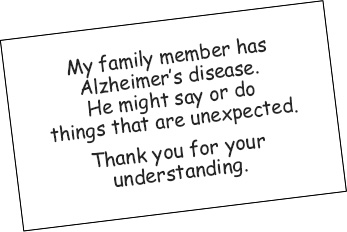 Remember that you can use a business-size card, as shown below, to tell others about the person’s disease. Sharing the information with store clerks or restaurant staff can make outings more comfortable for everyone.
Remember that you can use a business-size card, as shown below, to tell others about the person’s disease. Sharing the information with store clerks or restaurant staff can make outings more comfortable for everyone.